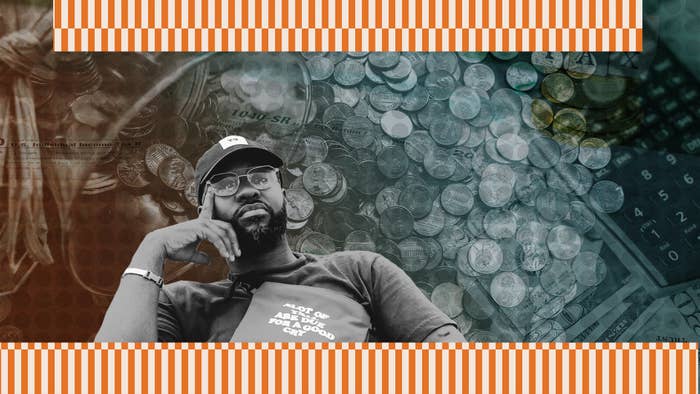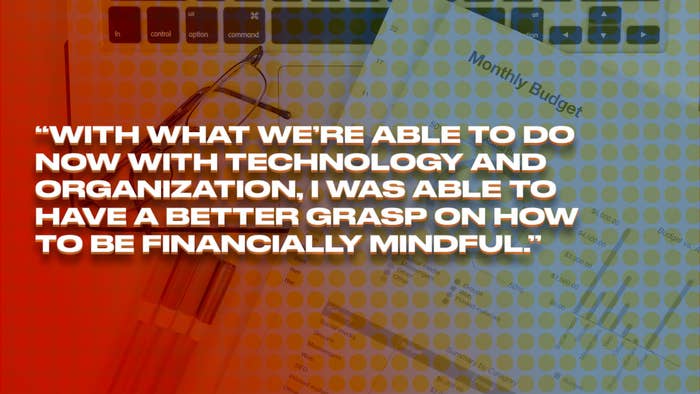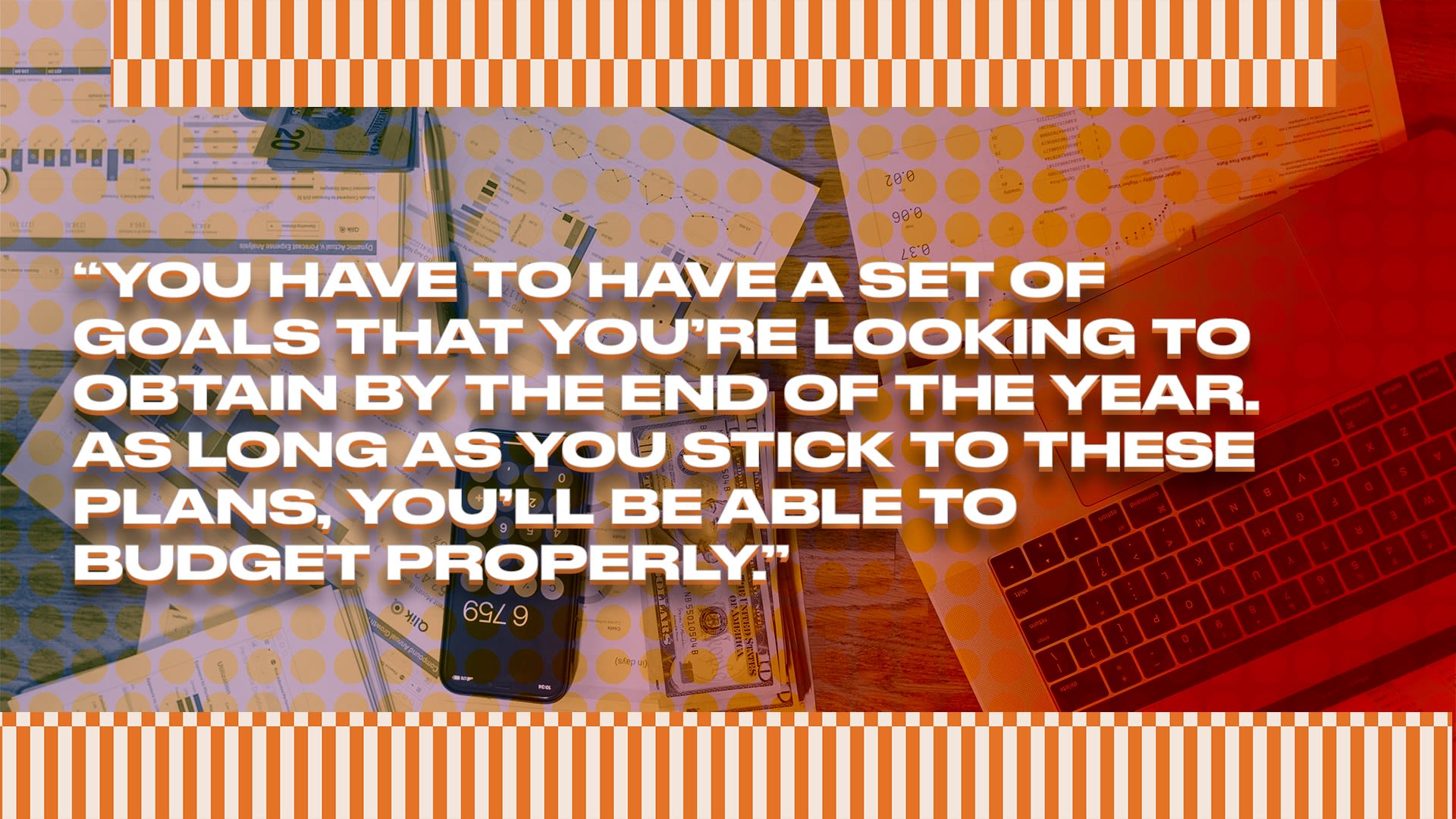
When it comes to money matters in America, it’s been way past “protect ya neck” time. The 2008 financial crisis struck most people in a way that we’re all still recovering from, and today’s class of cryptocurrency makers don’t want to repeat history.
Enter: Mickey Factz.
The veteran lyricist has over a decade of experience teaching other MCs and the industry at large about how to make profitable moves. After being ushered into XXL’s 2009 Freshman Class, Mickey has graduated from making $24,000 a year in the mailroom to having commercial and endorsement deals with major brands. And as the industry adapted to digital service providers and 360 deals, the Bronx native began leveraging his understanding of the importance of owning your masters, publishing, and points to inform the next generation about staying one step ahead of the haters and debt collectors. Mickey points to his own experiences as “each one, teach one” moments that others can use to enrich themselves.

His 2018 Funkmaster Flex freestyle on Hot 97 unearthed something often overlooked in rap: taxing bars about financial literacy. Since then, Mickey has grown his quest for dollars and sense to include a partnership with Kiddie Kredit, a mobile app designed to educate children about the credit system by completing chores, and made credit easier to understand on records with artists like Blu, Nottz, and Iman Omari.
Now, we’ve tapped Mickey for Financial Facts, a four-part weekly series where he offers up personal advice around various money matters. Below is part one, where Mickey breaks down what set him down the path to becoming more budgetarily sound and five Financial Facts you should live by.
Complex: As an artist who has had major and independent success, what were some of the defining moments in your career that set you on the path to becoming more financially literate?
Mickey Factz: Artists don’t have second chances. For some reason, God has given me a lot of chances, but one particular instance was after 2013, where I had about $90,000 in the bank. By the end of that year, I had $4.14 in the bank! That was a very scary moment for me because I had to start all over again. How do you do that? How do you not allow that to happen again?
The first solution was to keep working and possibly not make any significant change to my situation or, the second situation, was to manage my money better. With what we’re able to do now with technology and organization, I was able to look at everything from my phone and see where the money would be going, and I was able to have a better grasp on how to be financially mindful.

How did budgeting come into play after hitting that financial breaking point?
MF: The very first thing I did was break down how much money I was bringing in every month. Once I understood that I would figure out what bills were a necessity and what bills weren’t necessary. Needs and wants, man. A need can be something as simple as rent, your cell phone, money for food, while wants for me, at that time, were things like going out, television, and clothing—things that weren’t absolutely needed in my life.
Once I was able to put together my needs and wants, I would separate my budgetary needs with my monthly expenses. I would put a percentage of my income into savings or investments every month. So, if you’re making $5,000 a month, you should instantly put away 10% of that $5,000, which means $500 is going into directly impacting your financial goals. If you’re an artist, I’d say 35 to 40 percent should go into your savings or into investing.
You have to be mindful of what it is you’re trying to accomplish and have a set of goals that you’re looking to obtain by the end of the year or even have a three or five-year plan. As long as you stick to these plans, you’ll be able to budget properly.

I. Set A Goal:
What are you trying to accomplish? Are you trying to get a new car? A new house? Once you’ve figured out what your financial goals are and have a number attached, then you move forward with accomplishing what you’ve set forth.
II. Separate Your Wants and Needs:
In order to budget, you must separate the wants and needs between your finances. Consider what is needed in everyday life and what is wanted in everyday life, and plan accordingly.
III. Saving Is Imperative:
I don’t think you have to put your money into a savings account in your bank, necessarily, but you can get a high-yield savings account where you get some interest back. The interest rates aren’t as good as they were in the ’80s and ’90s, but by placing my money in a high-yield savings account I make money off of what I save with that interest rate. So, make sure to put your money away in some shape or form.
IV. Master Discipline:
When it comes to budgeting, discipline is important. Everybody that follows me knows that I never rocked jewelry, even though I had the money to get jewelry. I was backstage at this Benny the Butcher concert and everybody had a chain, a watch, a bracelet, and three, four rings [laughs]. Discipline was essential at that moment and throughout my life, because I was very close to going to the jeweler and wild out.
V. 10% Tithes:
For every person, saving is different. I’d recommend placing a percentage of money that you want to save or invest every month into something that will accrue over time. Tithe yourself 10% and if you’re an artist, 30% to 35% would be best to save. It’s very good to have a safe and soft cushion of money when budgeting.
Click here for the next chapter of Financial Facts, where Mickey breaks down the power of credit.

